|
Post by: Dr. Mike Paul, DVM Dog Checkups & Preventive CareThe term “senior” has been chosen to describe aging/older pets. The number of years it takes for your dog to be considered “senior” may vary, and one must keep in mind that organ system, species, and breed of dog has an effect; in general a dog’s senior years begin between 6 and 13 years of age. The AVMA says that as a result of improved veterinary care and dietary habits, pets are living longer now than they ever have before. That means that dogs can be ‘seniors’ for a significant portion of their lives, leaving their guardians and veterinarians facing a whole new set of age-related conditions. In turn, developing good health habits for seniors is becoming even more important. There are a number of things we can do to introduce healthy lifestyle habits to our dogs, and it’s never too late to start taking these steps. Pet health organizations like AAHA and the AVMA have already developed some great healthy guidelines for senior dogs, and I have my own tips to offer. 1. Make sure your dog eats appropriately This is one very basic healthy habit to develop for the benefit of your dog, and particularly for a senior dog. You can hardly pick up a magazine without seeing an article urging you to live a healthier lifestyle. Sadly, the risks of obesity are too often overlooked in our canine friends. Recent data, available from the Association for Pet Obesity Prevention, shows almost 56% of dogs as overweight or obese. Obesity decreases a dog's life span, increases his risk for various cancers and metabolic diseases (like diabetes), and causes orthopedic complications—just to name a few of the possible consequences. Feed your dog a balanced diet containing high quality ingredients in amounts appropriate to maintain a good weight. [Learn more about feeding your senior dog here.] 2. Keep your dog moving and comfortable The habit of regular exercise will help maintain your dog’s weight and general health. Be reasonable in your expectations for intensity and duration of activity and consult your veterinarian. He knows your pet’s health and limitations, can help you design a safe exercise program and can also recommend medications, if appropriate, to allow your senior dog to exercise more comfortably. Non steroidal antiinflammatory drugs (NSAIDS) can be a great help in reducing discomfort, and other drugs or nutraceuticals may improve flexibility and mobility. However, ONLY use products that are recommended by your veterinarian, and only as prescribed. Some medications are very dangerous when combined. It may take more time and some coaxing to keep older pets active, but it is well worth the effort. [Check out 6 tips for exercising your senior dog.] 3. Visit your veterinarian often One very important habit to develop is regular veterinary care. Only about 14% of senior animals undergo regular health screening, as recommended by their veterinarians1. AAHA recommends health exams every 6 months for senior dogs. Early detection of disease is crucial; routine testing is important to establish baseline levels and “insure that there are no clinically silent health abnormalities.” In addition, your veterinarian is trained to evaluate your dog’s health and well-being and to make individualized recommendations to keep your senior dog healthy and active. 4. Maintain good oral health Increased attention to dental/oral care is even more important as your dog ages. Your veterinarian can advise you not only about any indication for dental cleanings in the clinic, but can also point out possible problem areas and instruct you regarding appropriate at home cleaning and care. Make a habit of good, routine oral hygiene. [Learn more about dental care for dogs here.] 5. Prevent infectious and parasitic diseases According to CAPC, all dogs, regardless of age, need to be protected against parasites (fleas, ticks, heartworms, etc.). However, as your dog becomes older, changes in activity and lifestyle may affect his need for routine vaccinations against infectious diseases. That doesn’t mean he won’t need any vaccines. It just means that you and your veterinarian will need to have periodic discussions to determine what vaccines are still necessary and at what intervals they should be administered. You may also want to view the AAHA Canine Vaccination Guidelines. 6. Groom regularly Older dogs may have special grooming needs, particularly long haired dogs. Regular grooming is an excellent habit to get into. More idle time lying about and less activity can predispose seniors to more matting of hair and longer, unruly nails. Older, thinner skin can be more sensitive to irritation and more likely to be traumatized. Urinary incontinence can cause urine scalding. Excessive drooling can irritate facial folds. Increased grooming not only promotes healthier hair and skin, but it also creates an opportunity for visualizing and monitoring not only your dog’s skin but also overall body condition. 7. Do not underestimate the importance of TLC and companionship Undoubtedly the greatest need when caring for a senior dog is patience. As your dog ages, he may not see as well or hear as well. But old dogs are especially attuned to their masters - treasuring their presence and touch. Even when your old dog doesn’t respond physically to your touch, voice or presence, he needs your companionship and attention for mental health and emotional well-being. In summary, be sensitive to any changes in your senior dog. Even subtle changes can be an indication of significant health issues. When in doubt, consult with your veterinarian and see your veterinarian at least every 6 months. If you have any questions or concerns, you should always visit or call your veterinarian -- they are your best resource to ensure the health and well-being of your pets.
26 Comments
|
Archives
November 2023
Categories |
|
HELPFUL INFORMATION
Office Hours
Monday: 8AM – 6PM Tuesday: 8AM – 6PM Wednesday: 8AM – 8PM Thursday: 8AM – 8PM Friday: 8AM – 5PM Saturday: 8AM - 12PM Sunday: CLOSED |
LOCATION
AND DIRECTIONS Salem Veterinary Hospital
2159 Lynnhaven Parkway, Suite 105B Virginia Beach, VA 23456 |
CONNECT
WITH US! |
Site powered by Weebly. Managed by IDEXX Laboratories
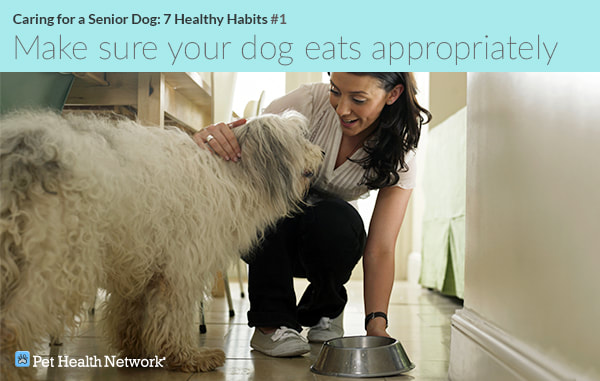
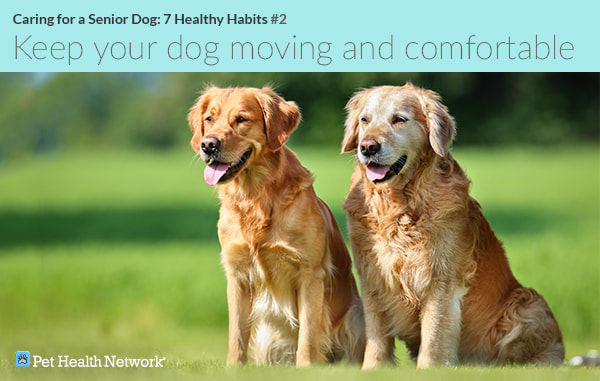
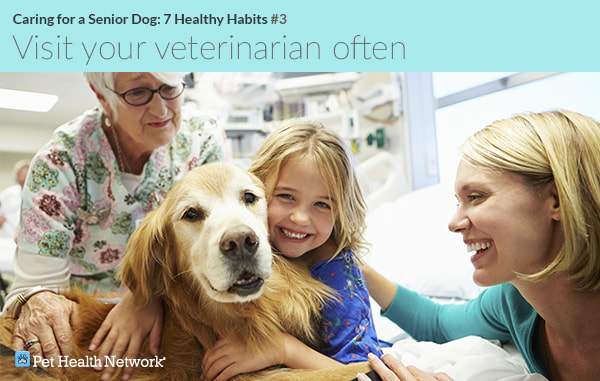
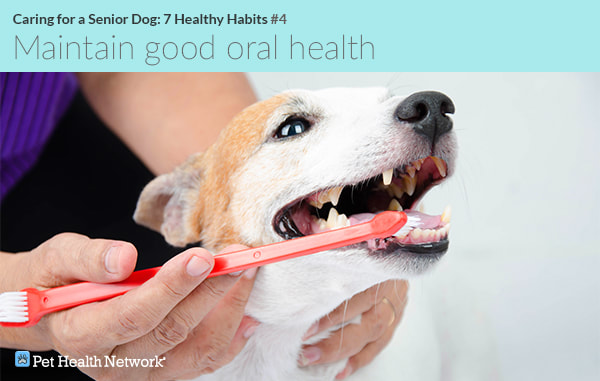
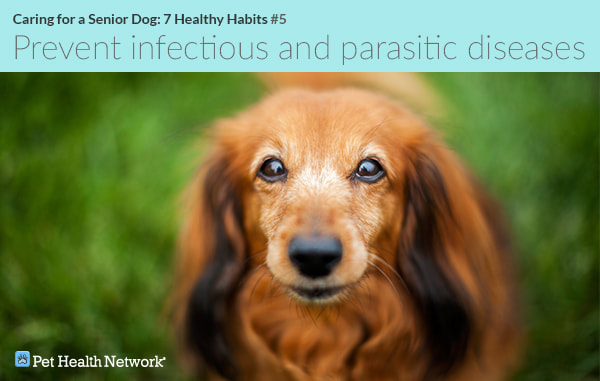
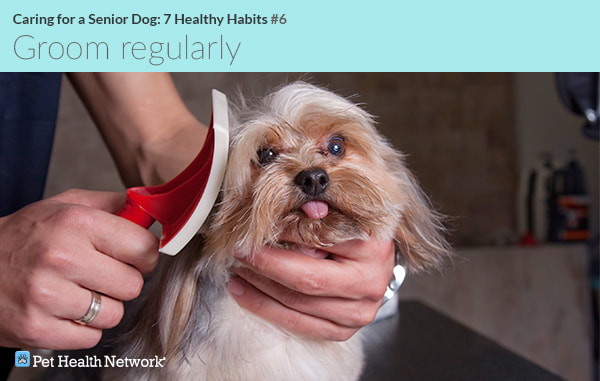
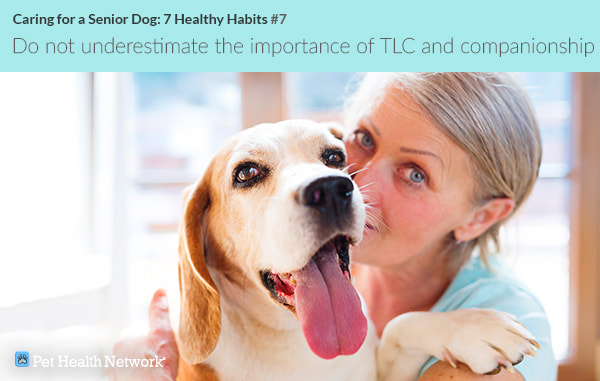
 RSS Feed
RSS Feed
